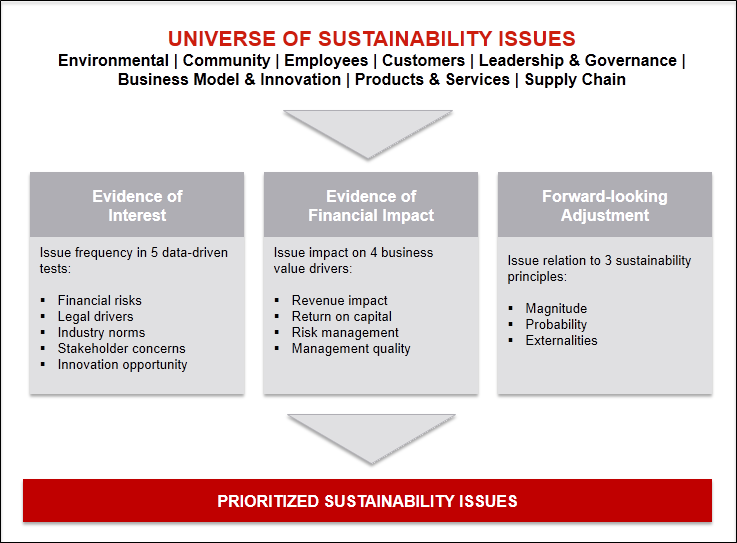
Sustainability Accounting Standards Board
The Sustainability Accounting Standards Board (SASB) developed standards for companies to report sustainability issues that could affect their value.. The SASB Materiality Map provides a visual.

Understanding the SASB Materiality Map
The Sustainability Accounting Standards Board (hereafter SASB) is a nonprofit organization founded in 2011 that develops industry-specific sustainability accounting standards for the production of information on material nonfinancial topics for US investors.. The SASB Materiality Map is an interactive tool that identifies material topics for.

ESG 정보공개 SASB Materiality Map
The sasb.ifrs.org website provides a materiality map that helps users identify the sustainability issues that are most likely to affect the financial performance of different industries. The map is based on the standards developed by the Sustainability Accounting Standards Board (SASB) and the International Financial Reporting Standards (IFRS). The website also offers links to other resources.
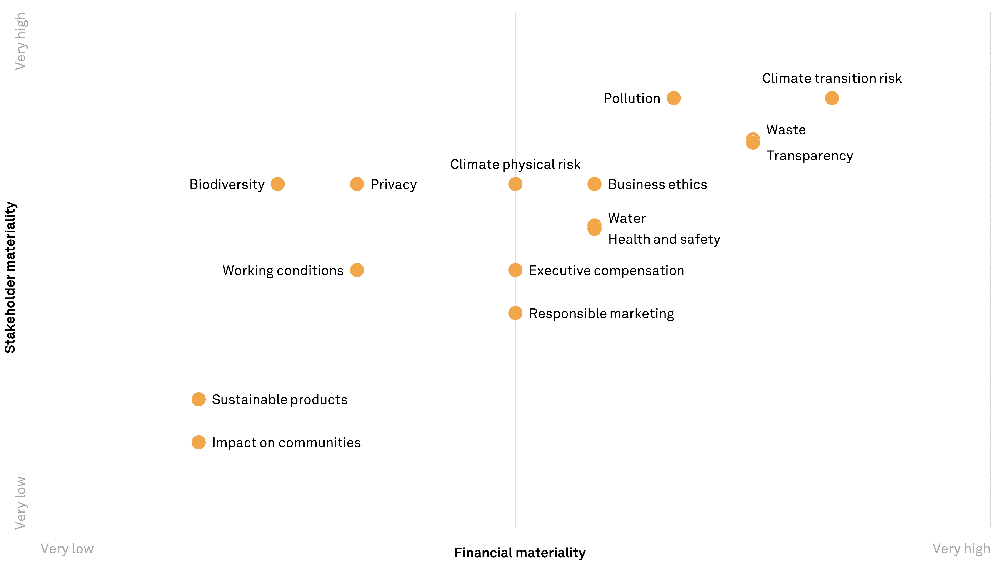
Materiality Mapping Providing Insights Into The Relative Materiality Of ESG Factors S&P Global
SASB Standards help companies disclose relevant sustainability information to their investors. Available for 77 industries, the SASB Standards identify the sustainability-related risks and opportunities most likely to affect an entity's cash flows, access to finance and cost of capital over the short, medium or long term and the disclosure topics and metrics that are most likely to be useful.

Understanding the SASB Materiality Map
An overview of the SASB Standards. A fast way to search the topics in an industry and the ability to search by company. The ability to compare up to four industries side-by-side. As of August 2022, the International Sustainability Standards Board (ISSB) of the IFRS Foundation assumed responsibility for the SASB Standards.

Understanding the SASB Materiality Map
Understanding the SASB Materiality Map. In 2011, the Sustainability Accounting Standards Board (SASB) was established. The SASB is a nonprofit organization that helps companies and their investors develop a common language in relation to the financial impacts of sustainability on business. If you are a firm or investor who has had to navigate.
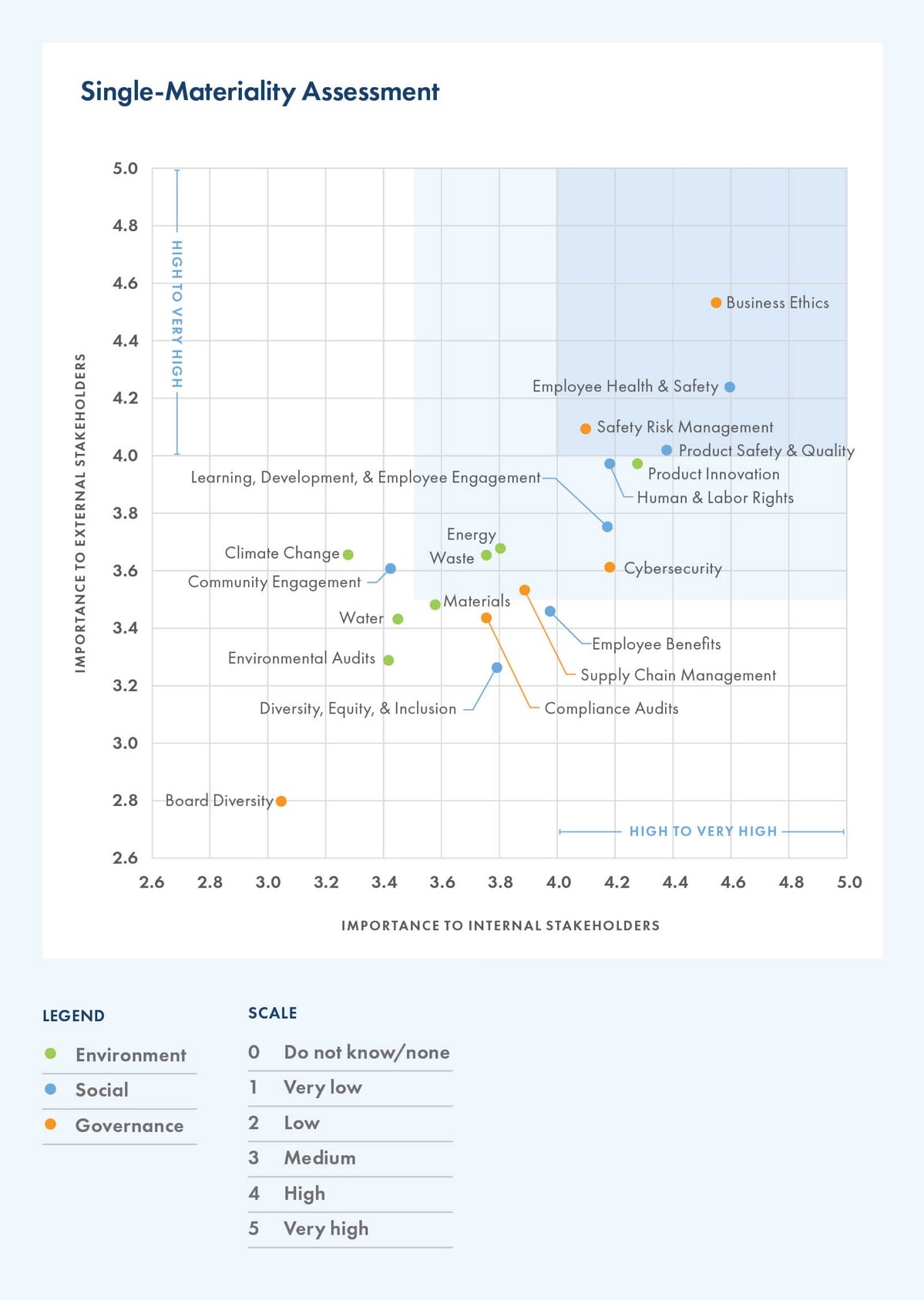
Materiality Assessment Guidelines and Process Hillenbrand
Our mission is to safeguard and build wealth for future generations. As a long-term, universal investor, we have an interest in sustainable development. We urge (the supply of) standardised, concrete and relevant sustainability data and we ask companies to go from words to numbers - because what gets measured gets managed.
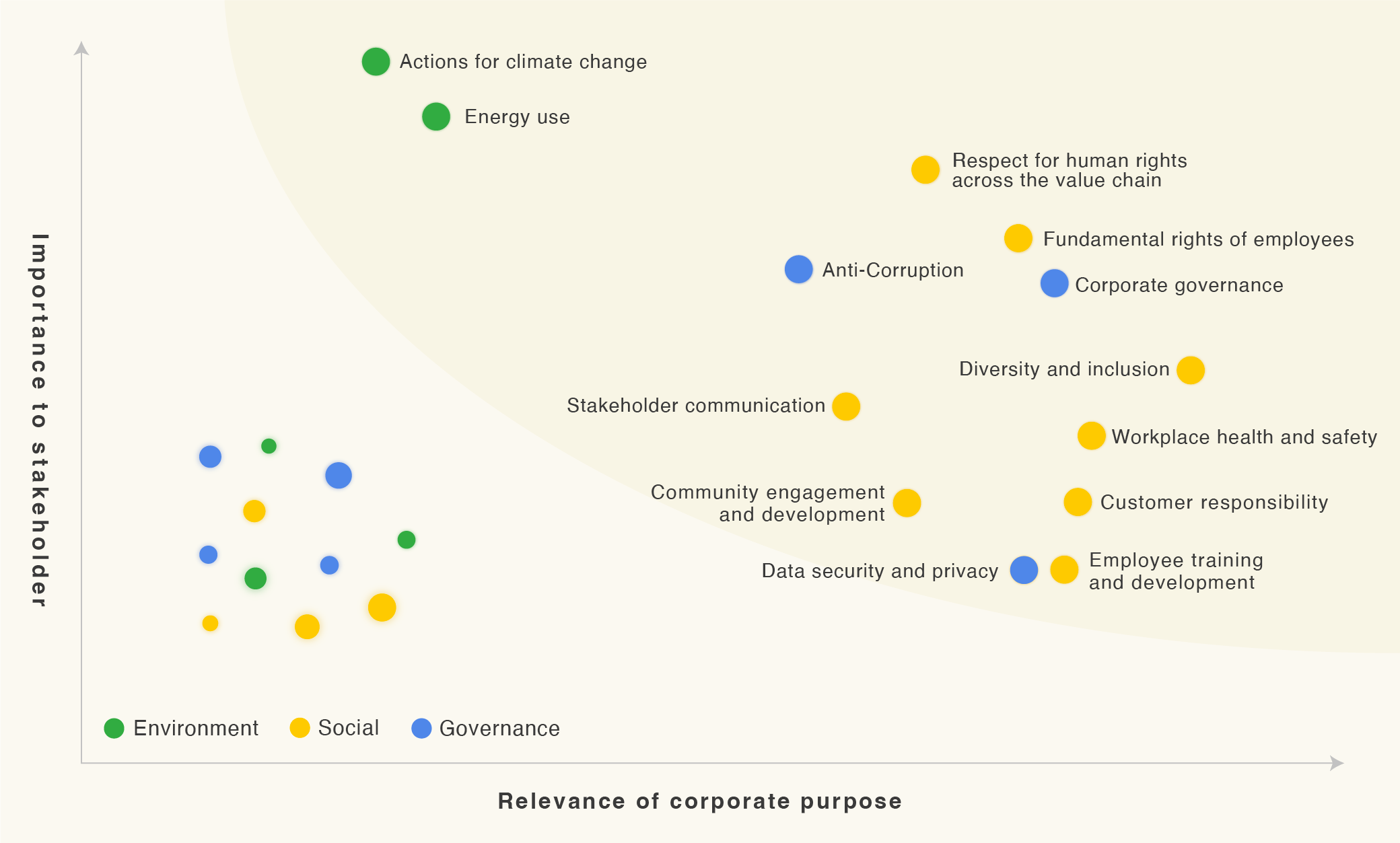
Materiality Map Sustainability Talent management system kaonavi, inc.
The Sustainability Accounting Standards Board (SASB) is a non-profit organization, founded in 2011 by Jean Rogers to develop sustainability accounting standards. Investors, lenders, insurance underwriters, and other providers of financial capital are increasingly attuned to the impact of environmental, social, and governance (ESG) factors on the financial performance of companies, driving the.

Materiality assessment Syngenta
The IFRS Sustainability Disclosure Standards issued by the International Sustainability Standards Board (ISSB) (also referred to as the ISSB Standards) form the global baseline for sustainability-related disclosures and build upon the SASB Standards and the TCFD Recommendations.Through IFRS S1 General Requirements for Disclosure of Sustainability-related Financial Information, the ISSB.
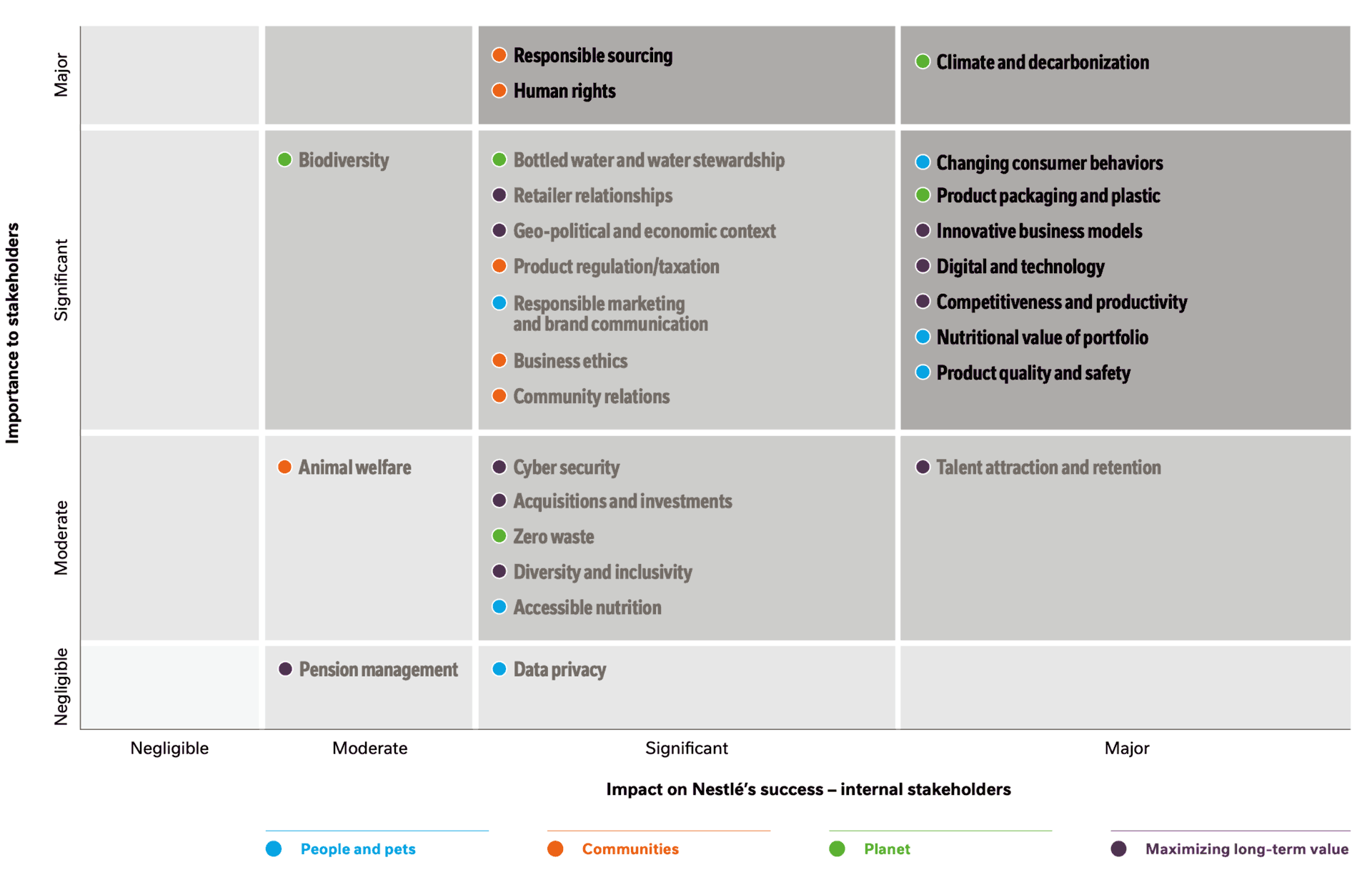
What Is Materiality In Sustainability Reporting? THRIVE blog
Sustainability Accounting Standards Board 1045 Sansome Street, Suite 450 San Francisco, CA 94111 sasb.org Global Reporting Initiative PO Box 10039 1001 EA Amsterdam. SASB's approach to materiality is based on a financial-ly-oriented definition that is well-accepted by capital markets globally. The SASB Standards identify sustainability

How to Set Sustainability KPIs Examples for Measuring Environmental Performance
The SASB Materiality Map® is a visual tool that was developed by the Sustainability Accounting Standards Board (SASB) to showcase the sustainability topics that are most relevant to different industries. It categorizes sectors and highlights specific environmental, social, and governance (ESG) issues that are considered materially important.

Materiality Assessment GreenCo ESG Sustainability Consultants
The SASB Standards are used in over 3,200 companies in more than 80 jurisdictions around the world, including 75% of the S&P Global 1200 Index, because industry-based sustainability disclosures are cost-efficient for companies and decision-useful for investors. Businesses worldwide use SASB Standards to better identify, manage and communicate.
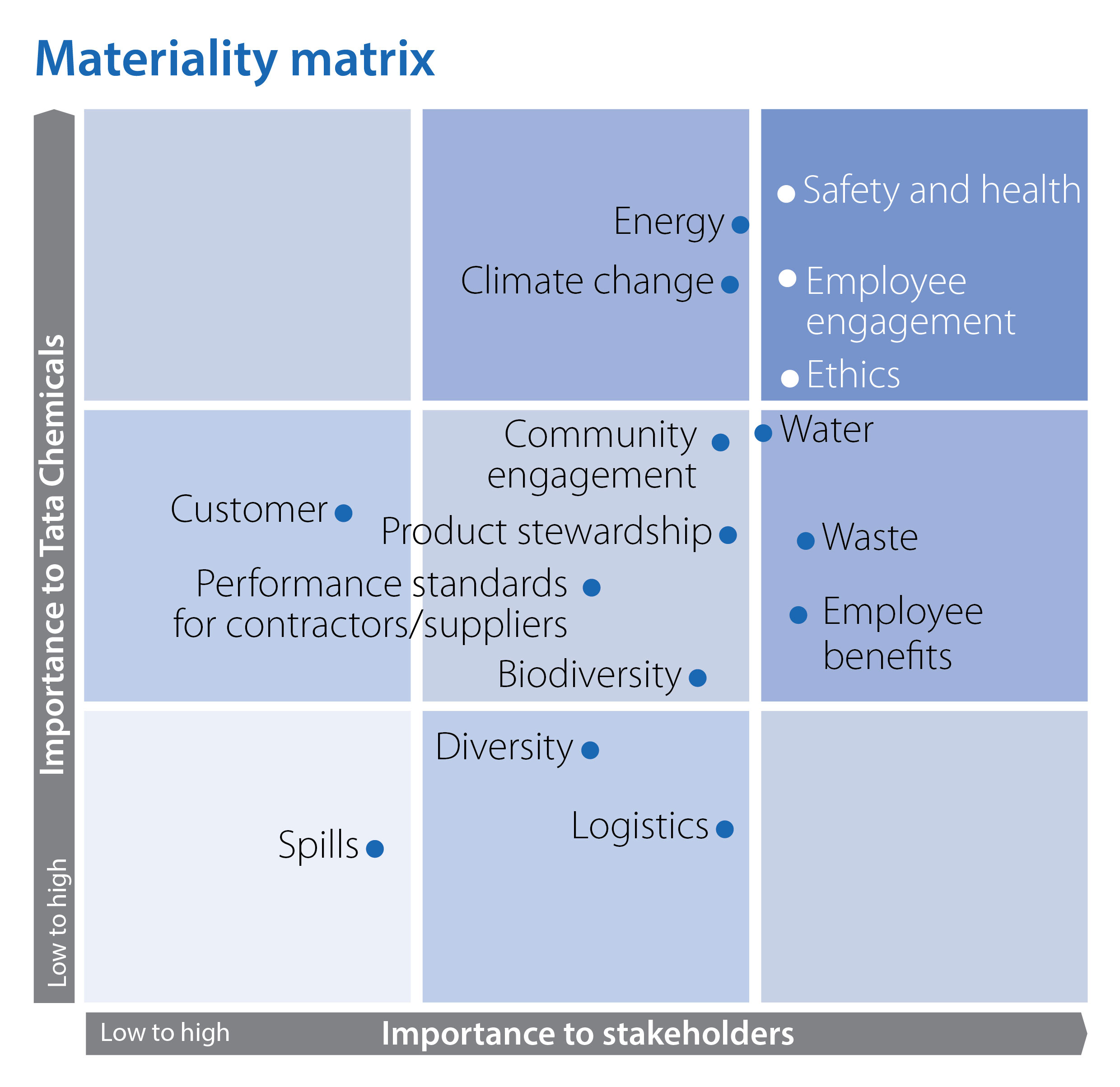
Materiality mapping TCL Sustainability
SASB Standards enable organisations to provide industry-based disclosures about sustainability-related risks and opportunities that could reasonably be expected to affect the entity's cash flows, access to finance or cost of capital over the short, medium or long term.. SASB Standards identify the sustainability-related issues most relevant to investor decision-making in 77 industries.
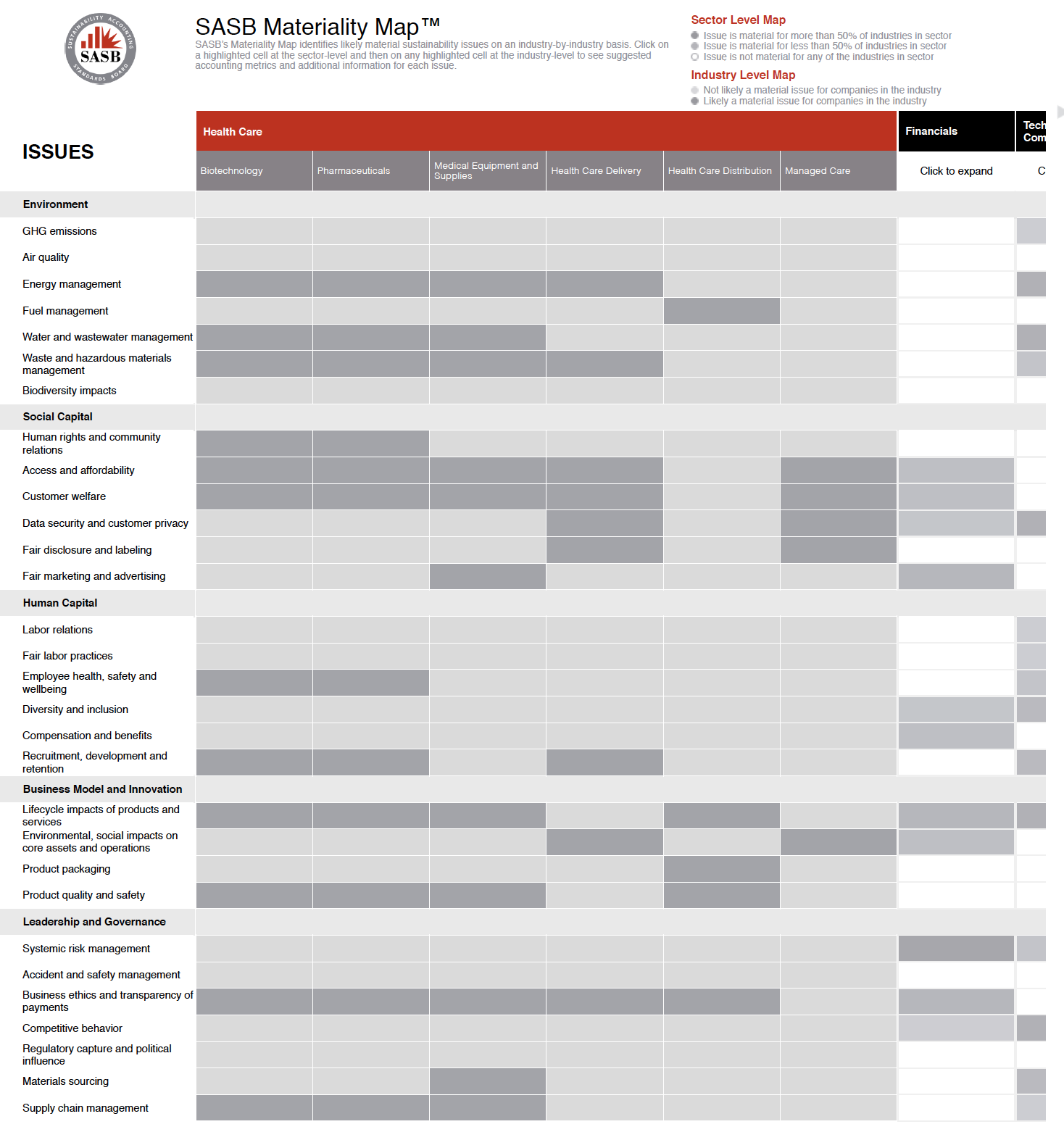
Chapter 3 Data Sustainable finance an introduction
The SASB Materiality Map is an interactive tool for identifying and comparing ESG disclosure topics across industries and sectors. The map identifies 26 sustainability-related issues, known as "General Issue Categories," that encompass a range of disclosure topics and their associated accounting metrics and vary by industry.
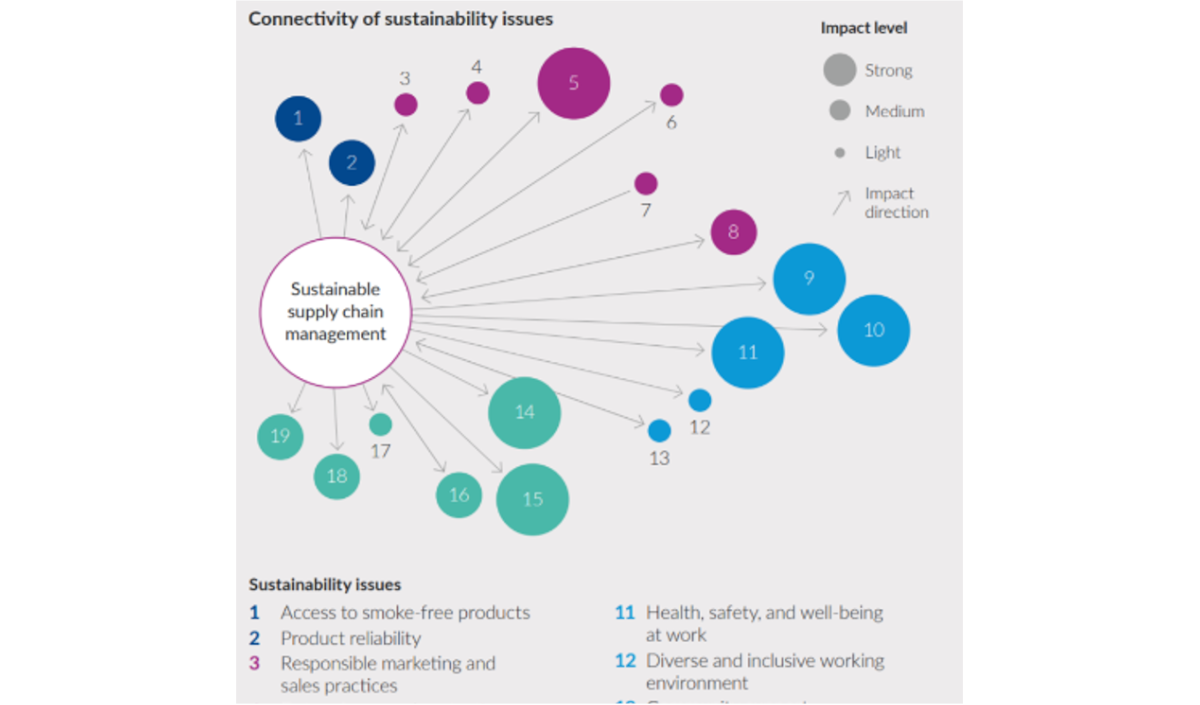
Materiality assessment by PMI Focused Reporting
Show PwC's accounting podcast, Ep Talking ESG: Interoperability across multiple reporting frameworks - Apr 25, 2024. favorite podcast app and subscribe to our weekly newsletter to stay in the loop for the latest thought leadership on sustainability standards.. Differences in scope and materiality among frameworks24:59 - Attestation and.
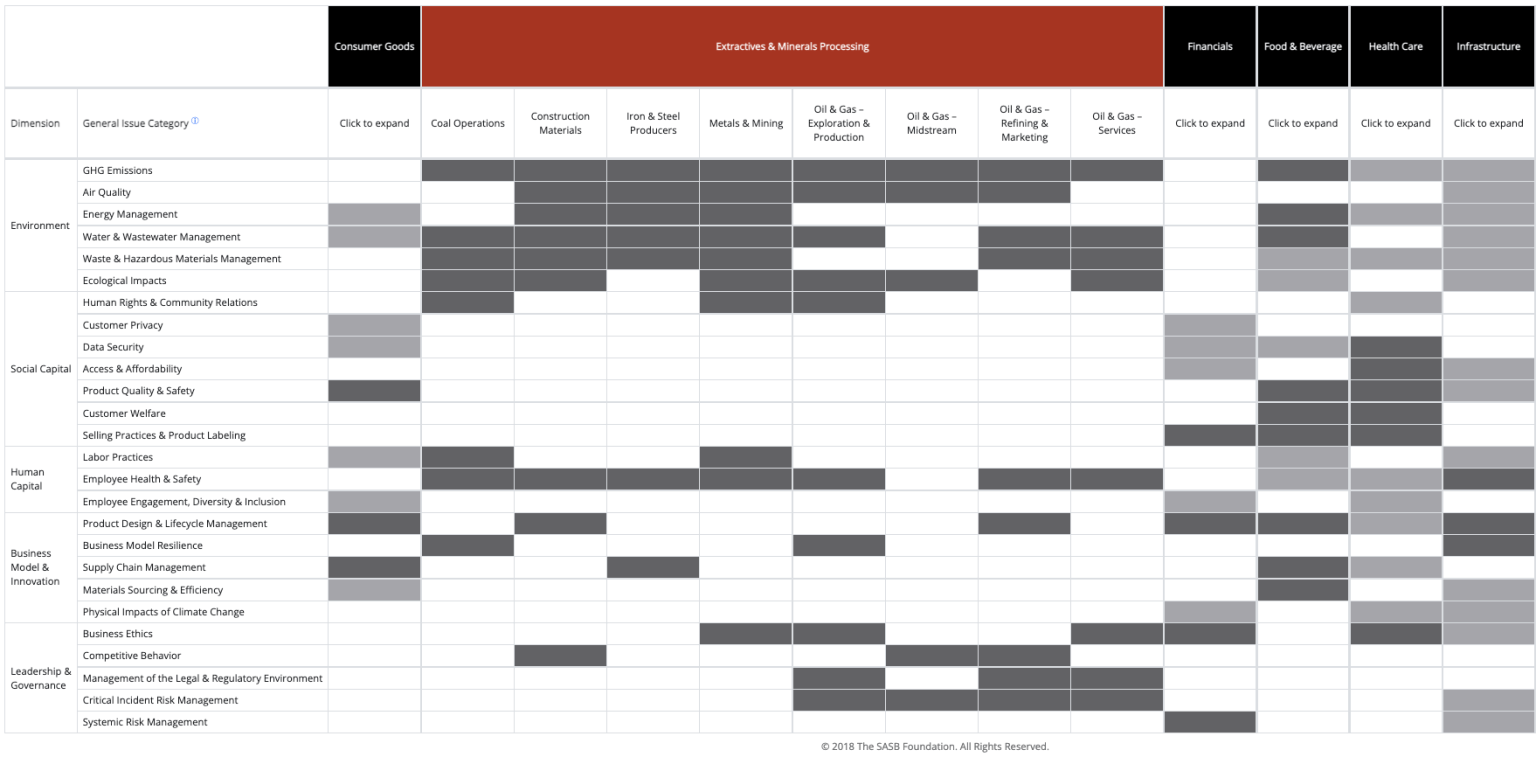
Trust Geek Glossary Understanding SASB standards Blog
To combat obscure materiality decisions, scholars have previously called for standardizing materiality per industry. 13 Standard setter Sustainability Accounting Standards Board (SASB) has responded to this call by creating their materiality map, which provides a standardized list of material topics per industry. 14 Conversely, other scholars.
- Ginaf Trucks Nederland B V
- Het Zwarte Gat In De Ruimte
- Street Fighter Ex 2 Plus
- Most Beautiful Blond Woman In The World
- Welke Android Versie Wordt Niet Meer Ondersteund
- Hoe Kom Je Aan Tapijtkevers
- Pictures Of Blood In Stool
- Hoe Is Cameron Boyce Doodgegaan
- Welke Dagen Winter Vol Liefde
- Godzilla Minus One Release Date